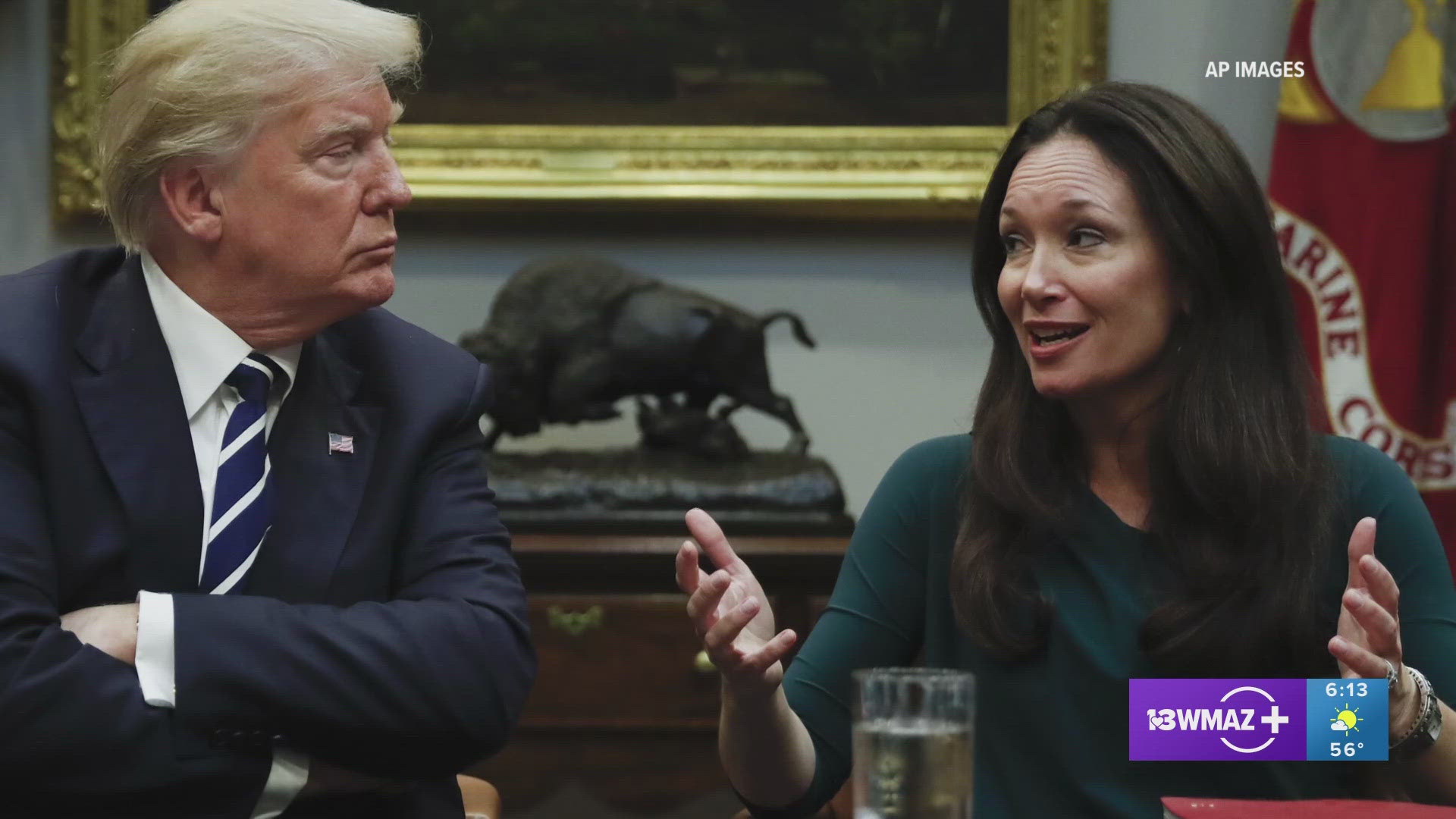Eight days into the 2020 election year and voters haven’t cast any ballots yet.
But four election days are scheduled this year, and one could spill over to 2021 if a general election runoff is needed.
The process begins March 24 when Georgia voters head to the polls to cast their ballots in the presidential primary election. President Donald Trump is expected to win the Republican Party’s primary. In eight of the 10 elections between 1980 and 2016, the Republican presidential candidate went on to win Georgia in the general election.
In 2016, Trump won Georgia, polling 50.8 percent of the vote to 45.6 percent for Democrat Hillary Clinton.
This year, after a strong showing by Democrat Stacey Abrams in the 2018 gubernatorial election, Democrats hope to improve their chances in the Nov. 3 general election.
On March 24, however, the Democrats have 14 candidates on the presidential primary ballot. They include former Vice President Joe Biden, U.S. Senators Bernie Sanders and Elizabeth Warren.
On May 19, Georgia voters return to the polls to cast their ballots in federal, state and local elections. Both of Georgia’s U.S. Senate seats will be on the May 19 ballot. U.S. Sen. David Perdue, a Republican, will seek a second six-year term in 2020. Recently appointed U.S. Sen. Kelly Loeffler will run for the final two years on former U.S. Senator Johnny Isakson unexpired term.
Isakson resigned Dec. 31 for health reasons. Gov. Brian Kemp appointed Loeffler to the position until the next election.
In Macon, the mayor’s office and all nine commission seats are up for election. Mayor Robert Reichert is term-limited and can’t seek another four years. All nine commissioners can seek re-election if they want. But if several candidates emerge in the mayoral and commission races, there would have to be a runoff between the top two finishers in each race.
That’ll take the election cycle to July 21, when primary election runoffs are scheduled.
From there, candidates head to the Nov. 3 general election. Voters decide the presidential, congressional, state and local elections that day. Unless, of course, there end up being more than two candidates in the contested races and nobody wins the majority vote. In that event, a general election runoff would spill over to Jan. 5, 2021, the designated day to finalize general election results.
Some political advocates want to eliminate the current runoff system where the top two finishers go head-to-head in the runoff to decide the election. Those advocates proposes an instant runoff method. In that system, voters rank the candidates in the race. The candidate receiving the least number of first-place votes is removed from the ballot.
Candidates ranked below the removed candidate move up one spot. The process continues until only one candidate remains. That person wins the election.
That process might please some. But those who complain about election-night tallies coming too slow now would be upset if the “instant runoff” system took longer to finalize. They might prefer going back to the polls a few weeks later and cast fresh ballots for the top two candidates in the primary.



